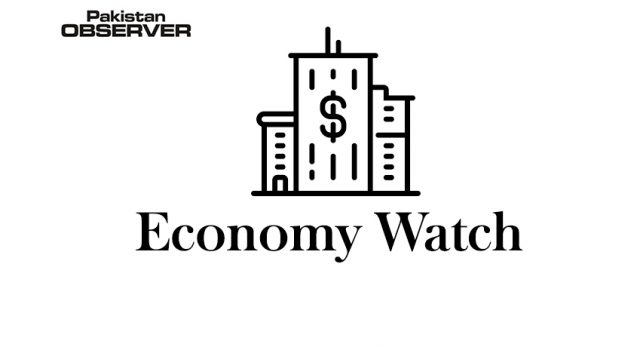The Federation of Pakistan Chambers of Commerce and Industry’s Businessmen Panel (BMP) has said political uncertainty has rattled the Pakistan economy, hitting the stock market constantly, as the country has witnessed the capital outflow of around $1.5 billion during the ongoing fiscal year, with major foreign investment outflows from Pakistan Investment Bonds (PIBs) despite high-yields returns on them.
The BMP chairman and FPCCI former president Mian Anjum Nisar observed that the uncertainty at the political front and parliament moving closer to the vote of confidence motion dented investors’ confidence, resulting into the investment outflow of at least $400 million from the country just in a single month of March.
He said that country-to-country inflows reflect the changing situation on external fronts of the economy, as the FDI inflows from China has dropped to $384 million during Jul-Feb FY22 compared to $522 million in 8MFY21. In spite of good relations with China, Pakistan is unable to attract Chinese investors for any vital change in the economy. China is the biggest trade partner of the country but the balance is largely in favour of China.
Quoting the figures of the central bank, he said that foreign direct investment (FDI) fell by 33% in Feb 2022 compared to preceding month of Jan, as the second half of the current fiscal has been facing several negative impacts including political instability, the war in Ukraine and a hike in oil prices in the international markets.
The record increase in oil prices as well as in other commodities rates has widened the trade deficit. Though the country reported a positive growth of FDI inflows by 6% during July-Feb 2021-22 (8MFY22) but this growth is far lower than the $11.6 billion current account deficit confronting the country.
Mina Anjum Nisar said that the returns on the treasury bills and PIBs are highly attractive for foreign investors, as such high rates on government-guaranteed risk-free bonds are unprecedented but unfortunately the outflows from PIBs reached $353 million in March.—INP










